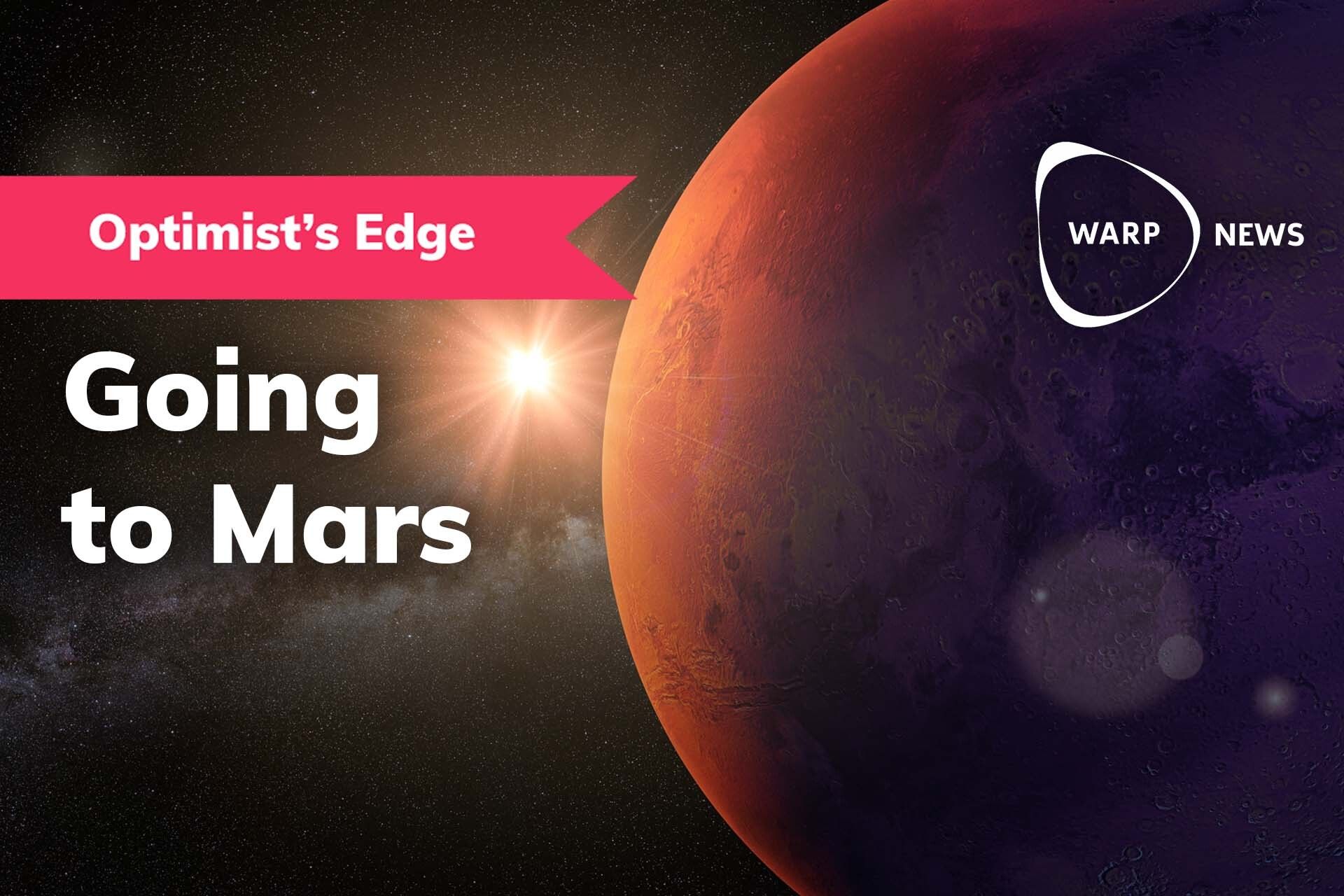
💡Why exploring Mars makes a difference for life on Earth
Is it a waste of both money and time to go to Mars? Or, is it to the great benefit of all mankind and our planet? In this article, Cornelia Ekvall shows why the answer to the latter question is a resounding: YES!
Share this story!
Summary
📉 What people believe
Many people believe that it is stupid to go to Mars. They believe that the trip is a waste of money and time and that the resources we have should be invested into Earth instead. And we already have robots exploring the planet- so why send humans there?
📈 Here are the facts
The natural choice for mankind's next step in space is definitely Mars. By going to Mars we develop systems that use the resources we bring in a sustainable way, and systems we also can take advantage of on Earth. We will gain knowledge and inventions that can help fight starvation and climate change in even the most extreme places.
The red planet will give us a new perspective of life and the universe and will help us answer the fundamental questions: are we alone?
💡 The Optimist's Edge
We will learn more about life in the universe by going to Mars, but above all we will advance our society from being limited to one planet, to being interplanetary. To be able to get humans to Mars, we have to develop old and new techniques that will also help us solve problems on Earth.
A human presence on Mars will make our society more advanced and sustainable. The trip will put our knowledge to the test and we have to create sustainable systems that also can be used on Earth to help fight starvation and climate change. If we can grow crops on Mars, we can do it in the most distant places on Earth.
Our neighbor can teach us key information about the evolution of life and planets. In the early history of the solar system, Mars and Earth shared similar traits. But something happened to make it all change, and scientists want to know what.
👇 How to get the edge
How do we get to Mars? With your help! There are many aspects that are needed to take into account and we need expertise in all fields. Here are some suggestions on how you can participate in the trip:
- Learn more about Mars! The first step for any trip is to sort out all facts and a great place to start is on the internet. Why not watch Youtube videos or join a conference?
- Support science projects! We have to prepare for the trip and a great way to do so is by doing research. There are many crowdfunding projects in need of donations.
- Develop your own techniques! Do you have an idea that can create more sustainable food systems or more environmentally friendly rocket parts? Why not start your own company and make your ideas become reality?
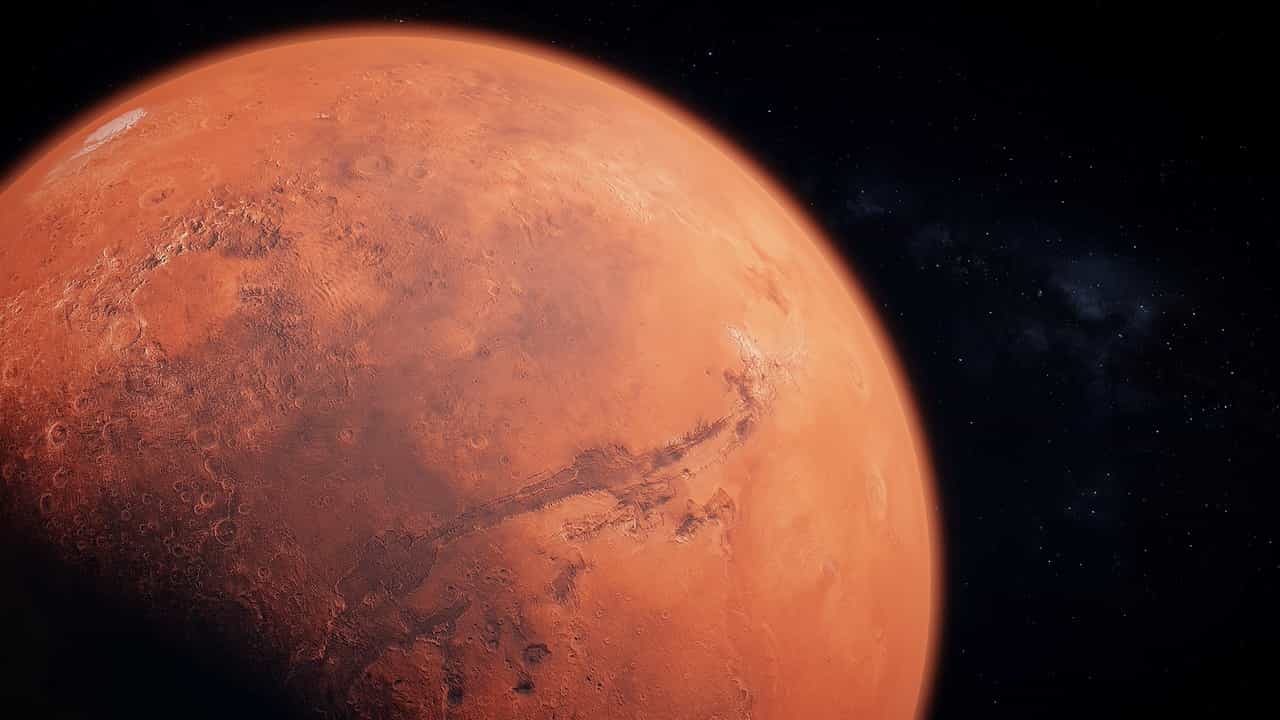
📉 What people believe
Many people believe that it is stupid to go to Mars. They believe that the trip is a waste of money and time and that the resources we have should be invested into Earth instead. When our oceans are still a mystery and we are fighting climate change - why not take care of our planet instead?
Bill Nye, the CEO of Planetary Society, also known as the science guy, agrees with this. He does not think that life on another planet is tempting. "You think you want to go to Venus? We'd be vaporized in a second, way less than a second," Nye said. "And then on Mars, there's nothing to breathe. There's nothing to breathe, people. It's not just there's nothing to eat, there's nothing to breathe. So, you know if you live in a dome and you go outside, you're going to put on a spacesuit and you're in another dome, like my good friend Sandy the squirrel," he said referring to the children's show Spongebob Squarepants.
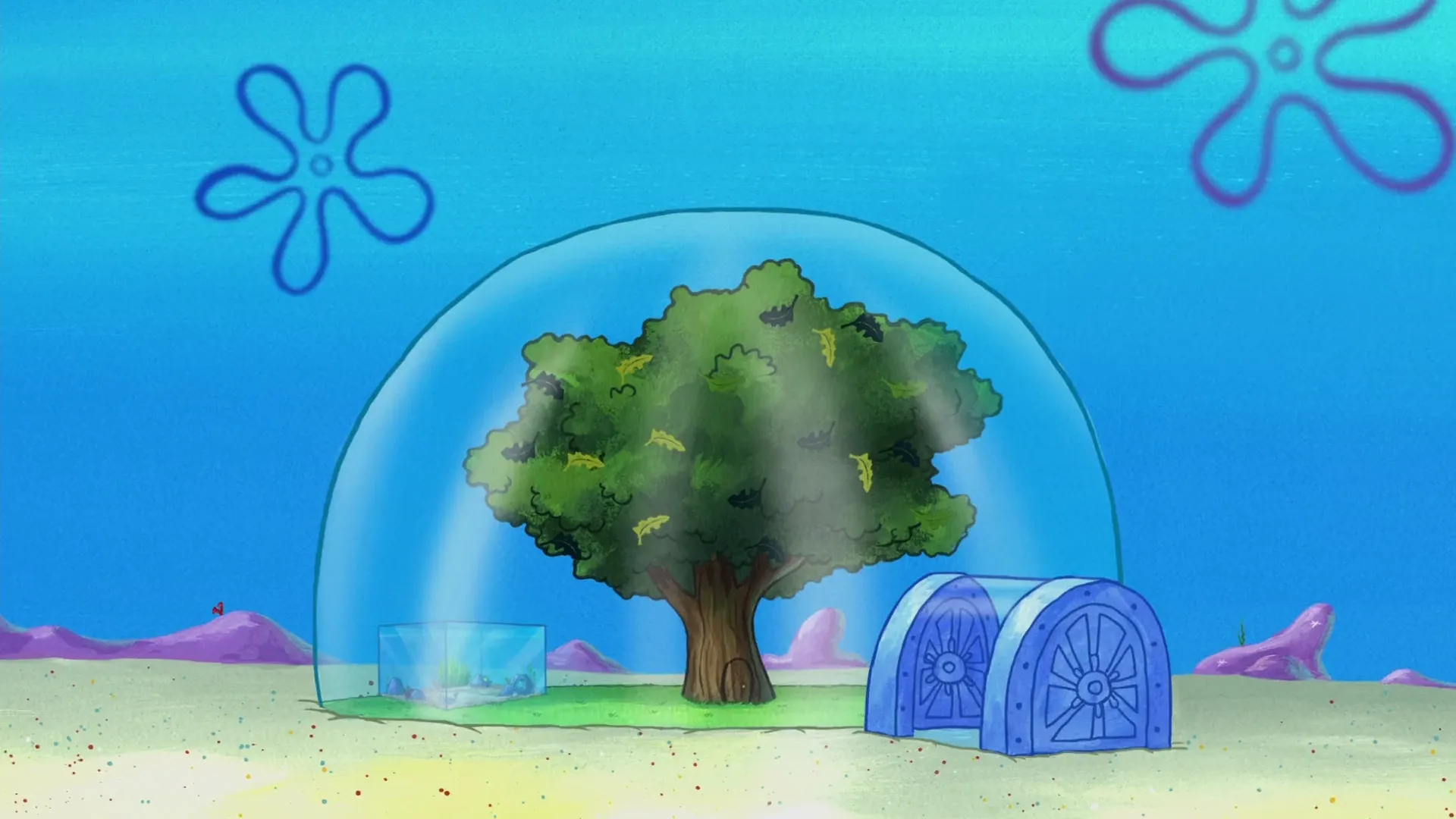
📈 Here are the facts
The natural choice for mankind's next step in space is definitely Mars. The planet has a stable climate, is at a good distance from Earth, and has relatively kind terrain that we can work and live on. We have already made incredible discoveries with the help of robots on Mars- imagine what could be accomplished with humans on the planet.
Elon Musk, the CEO of SpaceX, is convinced that a human presence on Mars is a necessity. “It’s been now almost half a century since humans were last on the moon. That’s too long, we need to get back there and have a permanent base on the moon — again, like a big permanently occupied base on the moon. And then build a city on Mars to become a spacefaring civilization, a multi-planet species, Musk said after a Crew-2 launch.
To make this possible, SpaceX is developing a reusable rocket capable of taking us to the moon, and then Mars: Starship. By establishing a human presence on the moon, we prepare for a city on Mars.
We need Mars to understand life in the universe
Throughout history, mankind has been curious and adventurous. And we have never stopped asking ourselves, “are we alone in the universe?”. A central question in science, religion, and philosophy, and a question clues on Mars could help us answer.
But to get to Mars, we need a plan. In a report, John Olson and Douglas Craig among others write about NASA's plan to go to Mars with humans, and why this is of high importance. “Each new destination brings the promise of new answers to some of humanity’s oldest questions: how life began on Earth, how our solar system evolved, and what changes lie in the future.” they wrote in the report.
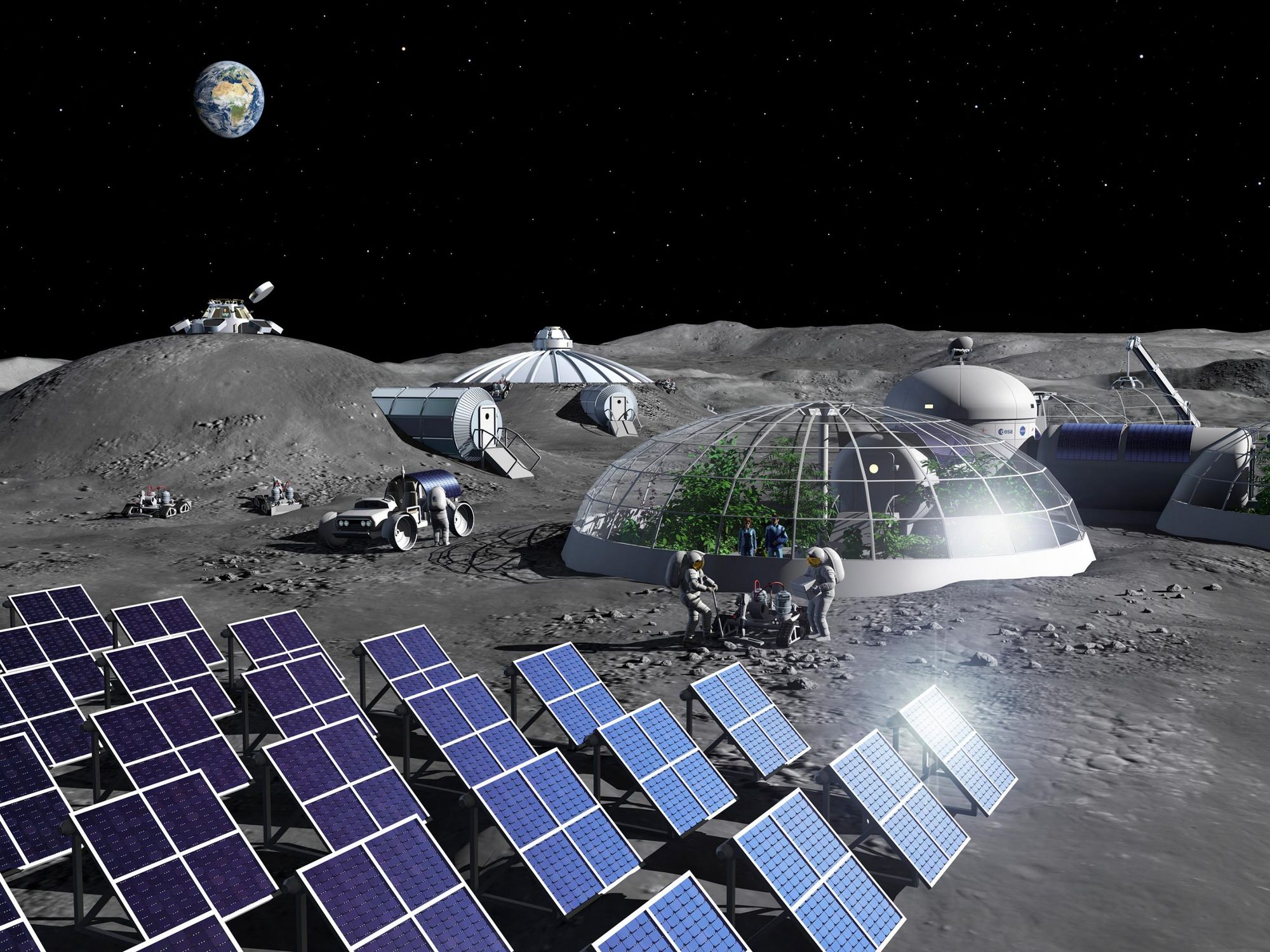
Mars can reveal important information about life and how planets evolve. And as Mars and Earth were very similar in the early solar system, the planet is a perfect place for exploring the conditions for life. By studying geological processes on Mars we can learn more about planet evolution and other solar systems.
Perhaps life can evolve on planets with similar traits to Mars, and when we search for life we should look at those planets?
Mars makes Earth more sustainable
We need to develop sustainable systems. If we are going to live on Mars we need to develop systems that use and reuse all the resources we bring with us. Systems developed for space travel have proven very useful on Earth before. For instance, a system for water purification was developed for the International space station, a system that has come to be a great advantage on Earth where pure water is in shortage. Clean water is vital on Earth, Mars and in space.
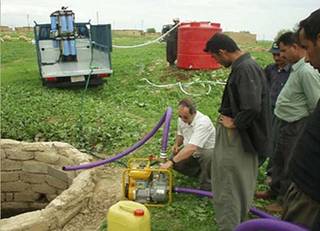
We need nutritious food. To fight poverty and starvation we need nutritious food that is cheap to produce. By developing food for astronauts who put high standards on nutrition and durability, we can learn how to produce food that can be brought to faraway places, or even grow plants in extreme environments. The Swedish patent and registration office highlights this on their webpage “Food and its constituents will be an even greater question now that we plan to go to Mars. A trip can take up to two years to complete.”
They also discuss different methods that can be used to create sustainable food chains, one example discusses that we populate fly larvae in the garbage that we later can eat, for instance in a powder form. Eating insects is popular in several cultures and is a good substitute for other protein sources such as beef. We do not have a lot of resources to work with on Mars and we will have to use the ones we have to the greatest extent to be able to survive. Something we need to do better on Earth.

💡 The Optimist's Edge
We will learn more about life in the universe by going to Mars, but above all, we will advance our society from being limited to one planet, to being interplanetary. To be able to get humans to Mars, we have to develop old and new techniques that will also help us solve problems on Earth.
An interplanetary society
It is difficult to imagine how an interplanetary society will change our society. When Columbus set sail towards America in the 1400s, he and his team had no idea how their adventure would forever change the world. Our society is constantly changing thanks to humanity's ambition and curiosity. And like Columbus's discoveries inspired the whole world, a trip to Mars will do the same.
The progress is quick. During the space race, it only took about a decade between sending the first satellite into orbit to set the first foot on the moon! In recent years we have seen how the cost for rocket manufacturing has decreased in real-time and we have managed to produce rockets that can be more or less reusable, making less impact on the climate. And how have we learned? By trial and error!
By going to Mars we are making our society more sustainable. The trip will put our knowledge at test and we have to create sustainable systems that also can be used on Earth to help fight starvation and climate change. If we can grow crops on Mars, we can do it in the most distant places on Earth. Also, new techniques and inventions that we invent for a trip to Mars can come in handy on Earth. Many inventions from the space industry have been very useful on Earth, which can be seen from spin-off inventions. For instance, the phone camera, foil blankets, and baby formula were invented in the space industry.

Mars can help us understand how life forms and evolves in the universe and give us a deeper understanding of planet formation. Mars and Earth had very similar traits in the early history of the universe, but then something happened and the planets went down different evolutionary paths. Scientists want to know what initiated the change and what made Earth a habitable planet for life, while Mars was not.
👇 How to get the Optimist's Edge
Is there life in the universe? Can we survive on another place than Earth? Mars can help us find the answer. But how can we go there? With your help! There are many aspects that are necessary to take into account and we need expertise in all fields. Here are some suggestions on how you can participate in the trip.
Learn more about Mars- participate in a conference!
If we are going to Mars we need all the facts. The world's largest conference on the subject is called Humans to Mars summit. It was held in September this year, but the talks can be found online. And if you want to participate next year, it will be in Washington DC and you can already secure your ticket.
Support science
You can help science projects through crowdfunding. If we want to go to Mars and be able to survive, we need to research a lot in advance. One project looking for donations is Food for Mars and the moon. They want to investigate how to grow crops on Mars in the most efficient way, and whether urine can be used as a fertilizer in a safe way. You can donate to the project here.
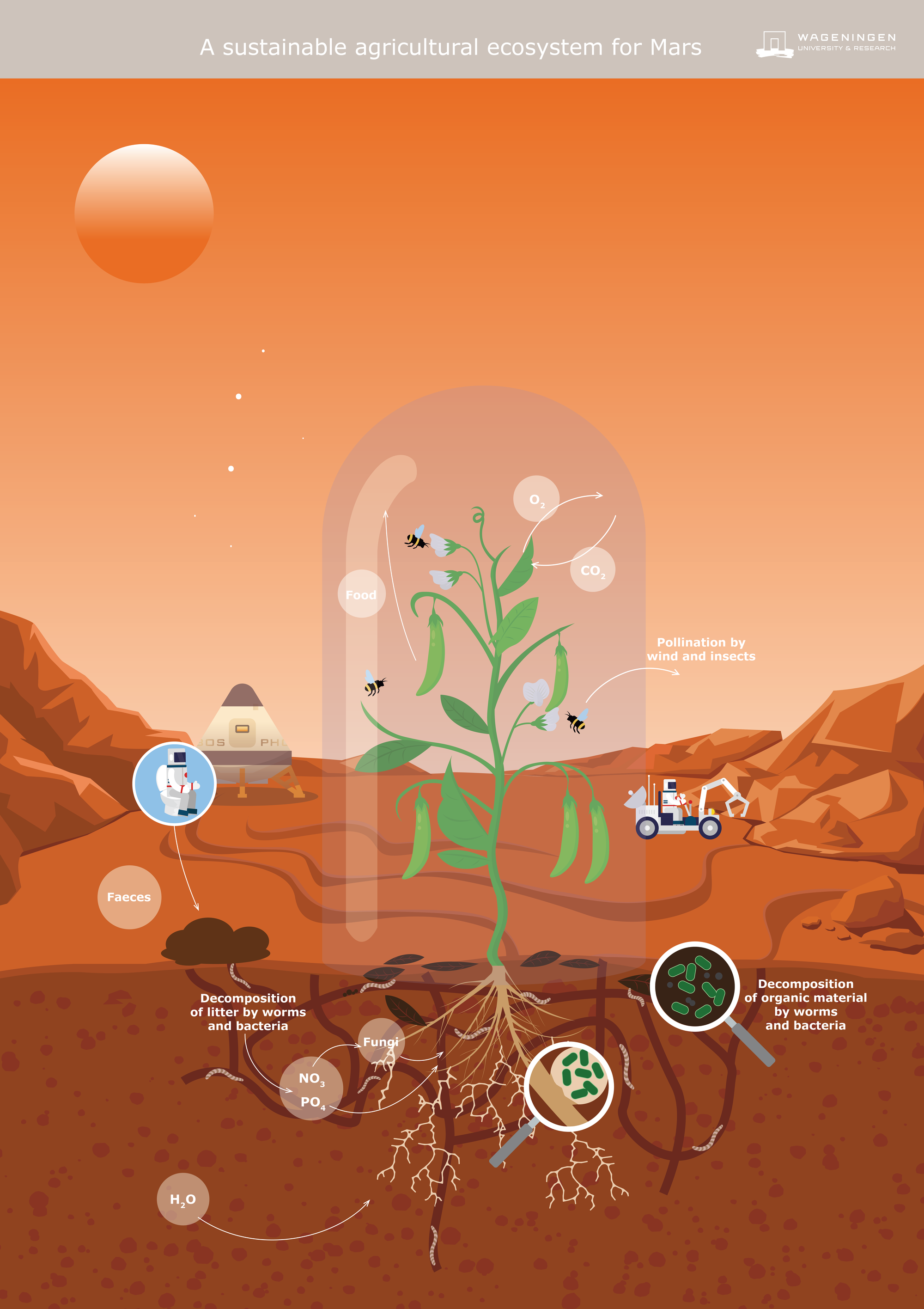
Make your idea a reality
A varied and nutritious diet is of high importance to maintain good health. To grow crops and create sustainable food chains we need innovative ideas. We need to develop new techniques which leave a small impact on the environment. To live on Mars will challenge us both physically but also psychologically. And it is important that we work preventatively with these challenges. Our physical health can be maintained by vital parts such as a good diet, water, and oxygen whereas the psychological part is a bit more complex.
One thing that can contribute to a higher quality of life is variation, even a small one will make an impact, for instance through a variety of drinks. The Swedish patent and registration office talks about a patent by the Coca-Cola Company for a machine that can carbonate drinks in space.
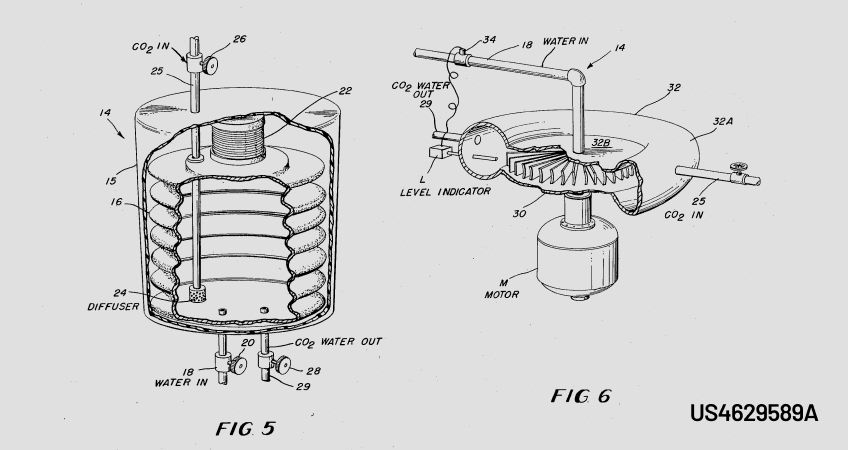
Do you have an idea that can create more sustainable food systems or more environmentally friendly rocket parts? ESA BIC Sweden can help you launch your business! They offer counseling as well as economical and technical support for start-ups in the space industry! One company that they have helped launch is Norbite, a company that has developed a technique using larvae to transform waste plastic into sustainable goods.
Reach out to ESA BIC if you have an idea you want to make a reality.
❓ What else can you do?
Feel free to share more ideas with other Premium Supporters in our Facebook group.
By becoming a premium supporter, you help in the creation and sharing of fact-based optimistic news all over the world.


